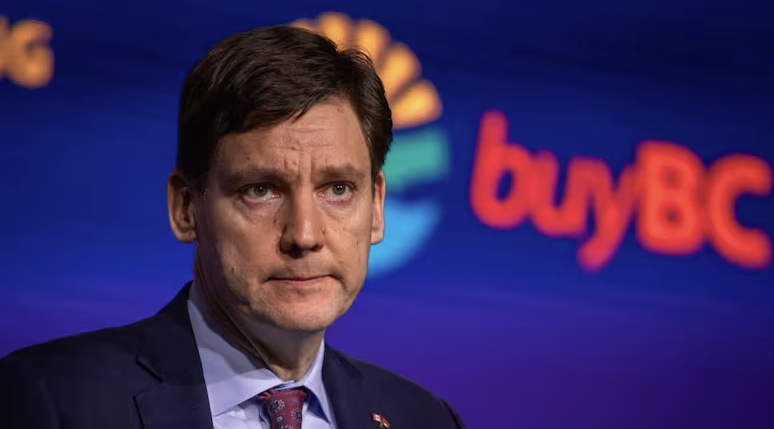B.C. Budget Struggles to Balance Deficit, Services, and U.S. Trade War
Sarah Desjardins
3/5/20252 min read


British Columbia’s 2025/26 budget, unveiled on Tuesday, attempts to maintain essential services while addressing economic instability caused by U.S. tariffs and a record deficit.
The budget, which forecasts a $10.9 billion shortfall, comes as B.C. grapples with the fallout from 25% tariffs on Canadian imports, which took effect the same day.
Finance Minister Brenda Bailey defended the government’s decision to prioritize services over major new spending, saying B.C. must be "prepared for uncertainty" rather than making splashy commitments it cannot sustain.
The Challenge: Short-Term Spending vs. Long-Term Vision
University of British Columbia political science professor Stewart Prest says the province faces a tough balancing act between fiscal responsibility and meeting long-term needs.
"This budget, even though it is still maintaining and building out [services], it is not fulfilling every gap," Prest said during CBC’s budget special.
He warned that limited investment in infrastructure and transit could create bigger economic problems down the road:
"If people can’t access education or training because they don’t have transit options, that’s going to hurt the economy long-term."
Labour unions also criticized the budget for failing to deliver on key election promises, such as hospital expansions in Langley and Nanaimo and increased school counselling services.
Debt, Deficit, and the Tariff Factor
Opposition parties argue that the record deficit can’t be blamed solely on tariffs.
Alex Mitchell from the Abbotsford Chamber of Commerce welcomed initiatives like "shop local" campaigns and expediting resource projects but warned that B.C. is reducing its financial flexibility by taking on more debt.
"As we head into this trade war, we're really reducing our fiscal firepower by increasing debt, and that’s going to harm us in the long term," she said.
Meanwhile, Alex Hemingway of the Canadian Centre for Policy Alternatives argued that running a deficit is the responsible choice, given the economic uncertainty:
"There’s a huge amount of catching up to do—rebuilding public services and investing in long-neglected infrastructure."
He suggested that progressive taxation and economic growth could help stabilize B.C.’s finances in the long run.
Tariff Response & Economic Uncertainty
Despite the financial challenges, Premier David Eby assured British Columbians that his government would support businesses and individuals impacted by the tariffs—though specific details on eligibility and funding remain unclear.
Prest noted that the budget contains little direct support for industries most affected by the tariffs, signaling that B.C. may rely on Ottawa to take the lead in negotiations and countermeasures.
"This government is in a real bind. The province is looking to the federal government to play a leading role," Prest said.
With B.C.’s economic future tied to ongoing U.S. trade policy shifts, experts say uncertainty is the new normal—and B.C. will need flexibility, diversification, and stronger long-term planning to weather the storm.
News
Stay updated with the latest BC news stories, subscribe to our newsletter today.
SUBSCRIBE
© 2025 Innovatory Labs Inc.. All rights reserved.
LINKS
